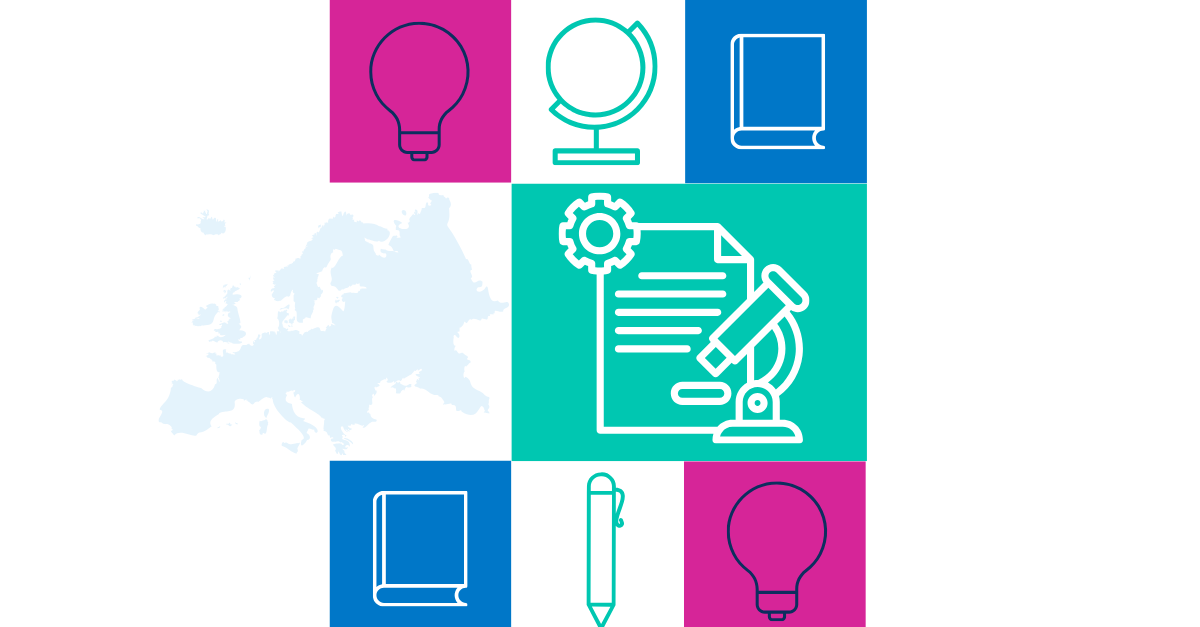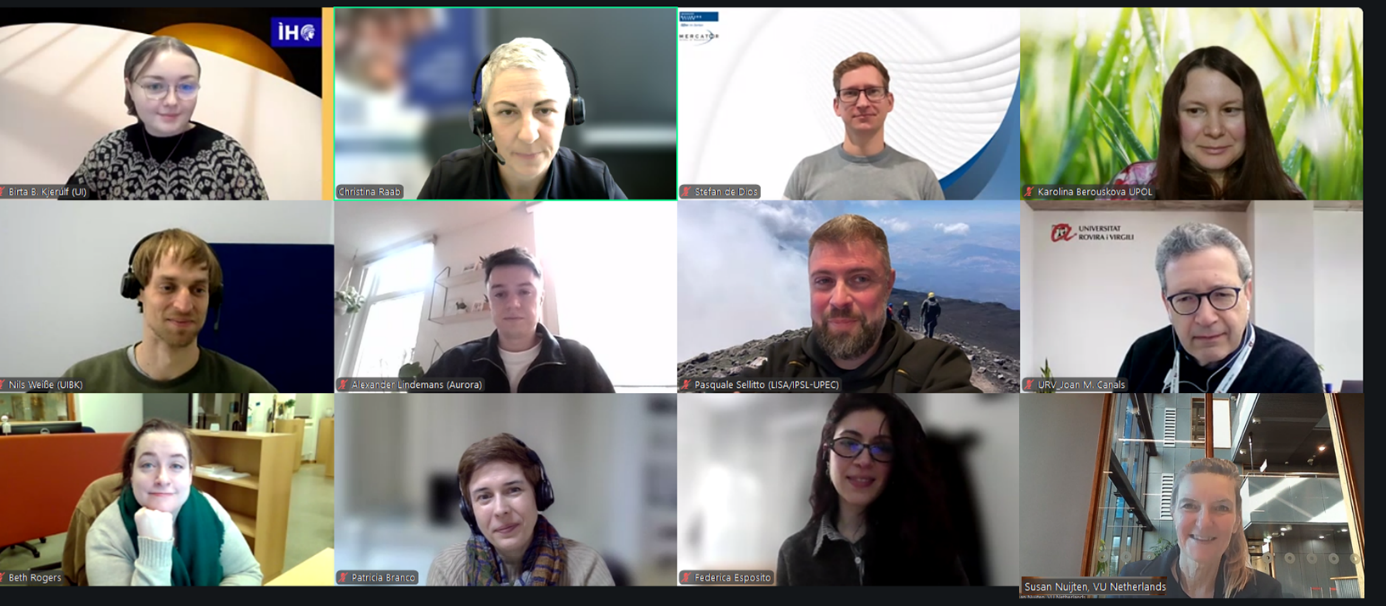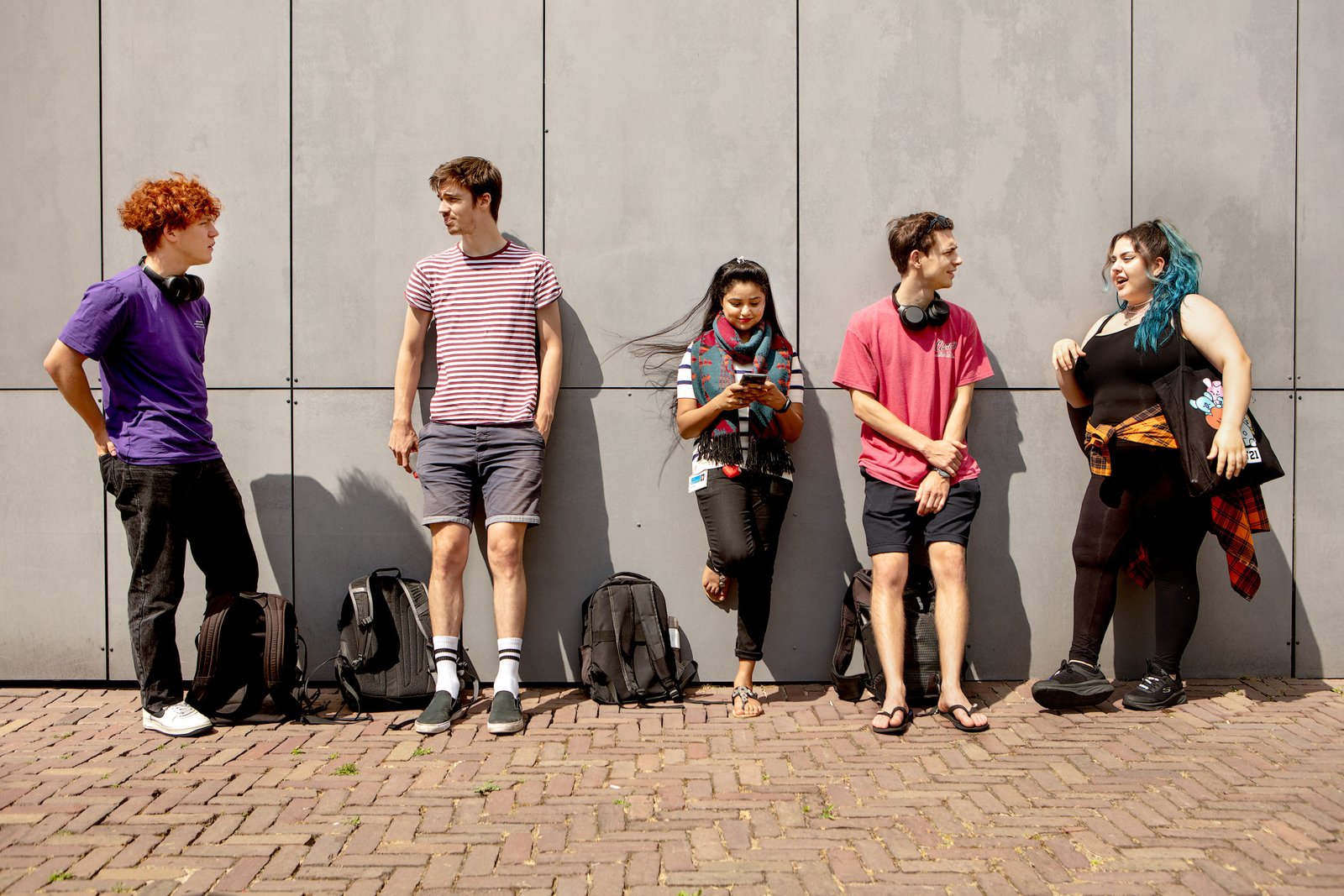Support
for Teachers
Promoting excellence in teaching and learning


Course Content

Course Content

Course Delivery

Course Delivery

Course Delivery

Course Delivery

Student Competences

Student Competences

Student Competences

Internationalisation
COIL (Collaborative Online International Learning) is a teaching and learning methodology that involves an intentional design to promote intercultural and online collaboration between students and faculty members from different countries and cultural backgrounds. A COIL module is embedded at a course level and it fosters cross-cultural understanding, intercultural competence, digital literacy, teamwork and leadership skills as well as global awareness among the participants.

Internationalisation

Internationalisation
Resources for Teachers
In response to diverse social challenges, demographic shifts, and the dynamic landscape of labour and education markets, there is an increasing need for flexible, customizable learning paths and swift access to pertinent content and research. Micro-credentials, as adaptable and promptly implementable targeted learning formats, have emerged as crucial components within European Universities Alliances and in national and institutional higher education strategies.
The Aurora 2030 proposal has underscored the creation of guidelines for the implementation of micro-credentials as a pivotal deliverable. These guidelines, inspired by the EU Council Recommendation from June 2022, provide specific recommendations for the quality-assured development and issuance of micro-credentials:
Guidelines for Setting Up Aurora Micro-credentials (Full version)
Guidelines for Setting Up Aurora Micro-credentials (Condensed version)
Leaflet: Guidelines for Setting Up Aurora Micro-credentials
Leitfaden zur Implementierung von Aurora Microcredentials (Deutsche fassung)
Aurora offers its members and associates an unprecedented opportunity to integrate European collaboration and foster enriched transnational educational and research programmes. Efficiently implementing Blended Intensive Programmes (BIP) within our alliance can significantly contribute to this new model of exchange and co-created knowledge, which is more inclusive, more transdisciplinary, and more adaptable.
This handbook offers practical guidance for designing and implementing BIP, and represents the effort to standardise and harmonise procedures across Aurora universities:


